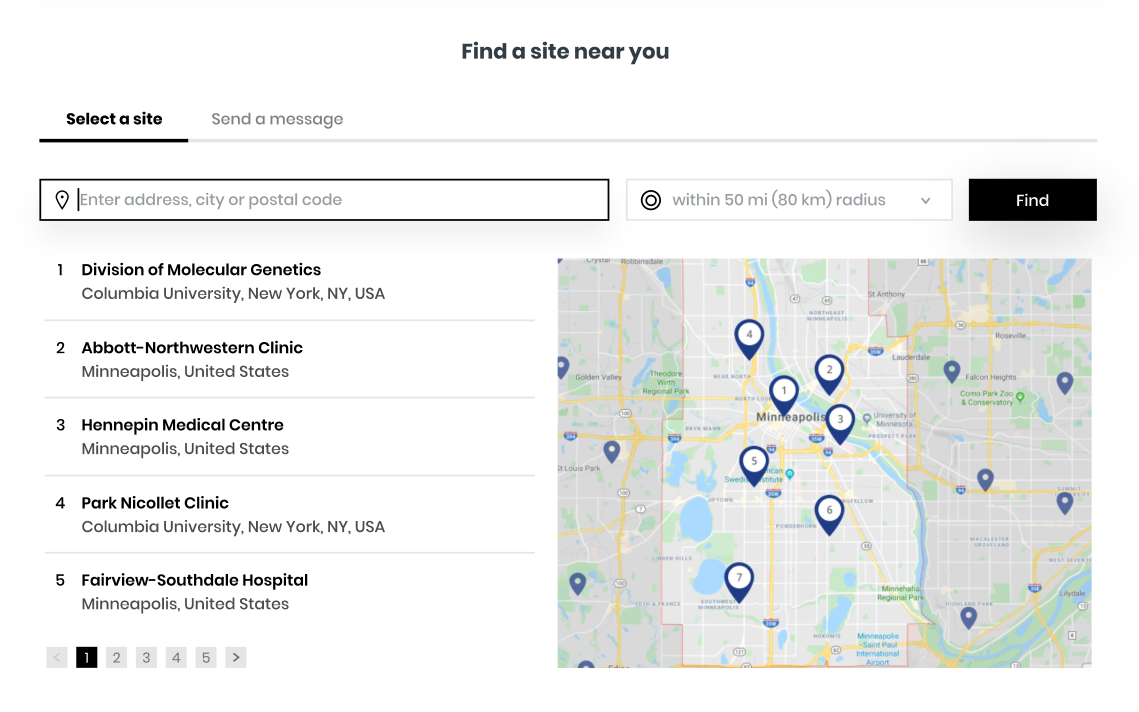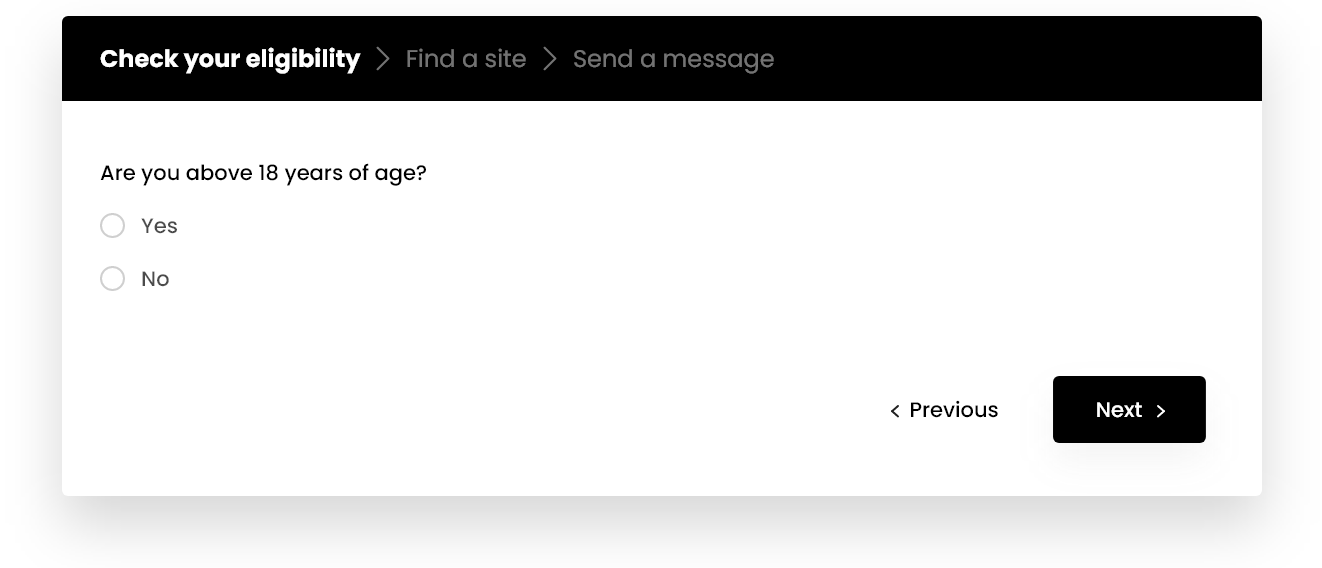
Participants
Approximately 80 adults between 18-70 years of age


Edna, Chronic Rhinosinusitus with Nasal Polyps
What is chronic rhinosinusitis with nasal polyps (CRSwNP)?
CRSwNP is a chronic inflammatory disease of the nasal mucosa and paranasal sinuses. Nasal polyps are abnormal growths inside the nose. Nasal polyps can develop in people who have long-term swelling (inflammation) of the nose and sinuses, called “chronic rhinosinusitis”. Usually CRSwNP is associated with local (sinonasal) symptoms such as and systemic (lower airway) inflammation, with persistent symptoms of stuffy nose, runny nose and loss of smell.

What is the purpose of the study?
The purpose of this study is to determine how effective lunsekimig, the investigational medication, is in reducing the signs and symptoms of chronic rhinosinusitis as well as the size of associated nasal polyps. Current medicines for people with chronic rhinosinusitis with nasal polyps aim to reduce swelling and symptoms. These treatments usually include steroid nasal sprays, and steroid pills, or other biologic/injectable drugs. Surgery is also an option. However, many people continue to have symptoms that interfere with their daily lives and better medicines are needed.

What is the investigational medication?
Lunsekimig may block certain inflammatory molecules that exist in the blood, nose, lungs, and other parts of the body which play a crucial role in chronic rhinosinusitis with nasal polyps and asthma. Lunsekimig may produce benefits in a wide spectrum of patients with CRSwNP with persistent symptoms that are inadequately controlled by intranasal corticosteroids.

Approximately 80 adults between 18-70 years of age

Approximately 40 weeks (~9 months) and 11 study visits

Approximately 29 sites across 5 countries
Study details
This study will include participants with bilateral nasal polyps and chronic symptoms of sinusitis despite intranasal corticosteroid treatment for at least 2 months prior to screening period. Lunsekimig or placebo (1 in a 2 chance) will be injected under skin of abdomen, thigh, or upper arm. The treatment is randomly chosen. Study tests include:
What is a placebo?
A placebo looks like the medicine being tested, and is also given in the way as the investigational medication/treatment that is being studied but it does not have any real medicine in it.
What is expected during the study?
Participation in this study means that you agree to follow certain study rules. This will also help to ensure your safety.
Is there a cost to participate?
There is no cost to participate. All study-related exams, study-related medications and study-related medical care are provided. There is no insurance required to take part in this study. You may be compensated for time and travel.
Is there a cost to participate?

Extra code

Sanofi believes that everyone should have the opportunity to take part in clinical trials. It is important to include people who have been historically under-represented in clinical trials. Sanofi is committed to inclusivity in our studies.
If you are interested in learning more about this study, we encourage you to complete this brief questionnaire to help determine if you may qualify to participate in this clinical study and be referred to a site recruiting in your area for further evaluation.
The prescreener preview is complete. You may now close the preview.
Version 1.0, 05Aug2024
Images property of Sanofi